Living in Amsterdam
Ortadeveci spends time with family in the Netherlands while attending RUHS
Last year, the pandemic thwarted many peoples’ summer vacation plans amidst the surge of COVID-19 in the U.S. On the contrary, sophomore Kai Ortadeveci’s family felt traveling to Amsterdam was “justified,” since their response to the pandemic had exceeded America’s.
Ortadeveci, his mom, and two younger brothers decided to head to Amsterdam in August, about three weeks before school started.
“[The Netherlands did] a lot better than us because they got straight to the point. There weren’t as many protests, not everyone was so entitled. You would get in trouble if you didn’t wear a mask. Everyone wanted to follow the rules, so they could get out of it quickly,” Ortadeveci said.
The necessary precautions while traveling were mainly wearing masks and social distancing. The same applied for going around town in Amsterdam. Ortadeveci noted that planes flying through America were “overboarded,” but flights throughout Europe were pretty bare both on the way there and back.
However, that didn’t prevent him from visiting his family, exploring Amsterdam’s rich history, colorful towns and meeting friendly people during his stay in the Netherlands.
“My apartment was right on a canal. It was like a three-hundred year old building that was a cheese factory, and they renovated it. Everything was just so beautiful, it was crazy how different it was from L.A. Like the bricks and little cars. Almost everyone was on bikes and little scooters the whole time,” Ortadeveci said.
He also went to Farmer’s markets multiple times to get fresh food and try out traditional foods, like cheeses. Ortadeveci also touched on seeing the old and popular windmills and historical establishments dotted throughout the Netherlands.
“A block away [from the apartment], I [saw] this beautiful church that was like five-hundred to six-hundred years old. It was humongous from the Middle Ages. It was a block away from Albert Einstein’s apartment in Leiden,” Ortadeveci said.
He also mentioned that from being separated from his family in America, this was a great opportunity to reunite with some of his family in Amsterdam. Weekends, he said, were “packed”, as they drove throughout the Netherlands to visit them.
“My whole family is in Turkey and the Netherlands. We don’t have any family here, so we never get to see them. It’s always cool to experience a different culture, because L.A is kind of in their own bubble. It felt like the perfect time and opportunity to explore a different culture [since there was no school]. To see family again, try a new language, try the foods and be in a bigger city,” Ortadeveci said.
But, as the new school year kicked off as a hybrid model, balancing work and other responsibilities left him and his family with little time to travel. Though he could attend school from his apartment in Leiden, coping with the nine hour time difference between California and Amsterdam, though, was the hardest part.
“I’d wake up around 11 a.m., go out because my uncle gave me a bike, and then come back around 3 to 4 p.m. That’s when I would start school. It would end around 10 p.m. Then, for the rest of the night I would just do homework. The only negative part about it was that the day was cut in half, because I had to wake up so late and be gone so early. Besides that it wasn’t that hard,” Ortadeveci said.
The issues he faced didn’t just stop there, though. Missing books and siblings made it more difficult.
“[The books for school] did take a lot of weight for my suitcases [and] it was really heavy… they didn’t give me some books, so I was kind of screwed half way,” Ortadeveci said.
Some classes, Ortadeveci said, like Spanish were difficult, as speaking English and Dutch had caused him to “mix up words.” Others, like AP European History , went hand-in-hand with the history he was learning in class.
“I explored the cities, and [saw] all of the Netherlands. I was able to see everything in person. I [heard] about the people we were talking about and their influence on these cities. It was cool to see everything we were talking about in real life instead of seeing it in a book or video,” Ortadeveci said.
But, being stuffed into the same room with his younger siblings, also attending school from Amsterdam, resulted in a very noisy working environment. With his mom busy, he was also left to babysit them. Following them around town got “stressful” at times, Ortadeveci said. Despite these difficulties, he said adapting to the new schedule wasn’t as bad as it seemed.
Their original plan was to stay in the Netherlands and visit Turkey in the summer. However, throughout October, Europe faced a second wave of cases, prompting their decision to go home. Although he will miss his family, Ortadeveci said they had a good time and were hesitant to leave their dad at home for months.
“I went from that really small apartment to my nice house. I was also excited to go back, see my friends again [and speak] English again,” Ortadeveci said. “I noticed how cool L.A was again. It was like experiencing L.A from a new perspective after seeing Europe.”
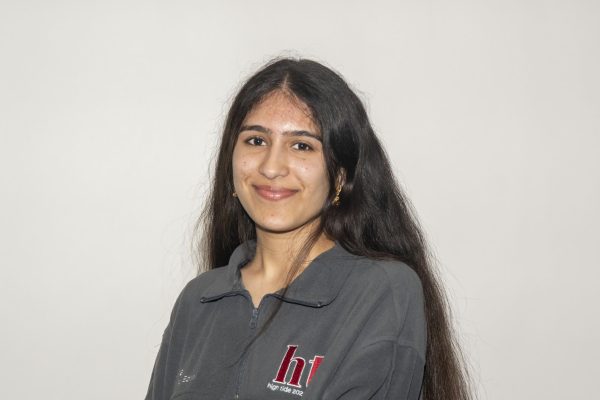
Heyy I'm Simra and this is my fourth year on staff. Aside from Journalism, I love walks on the beach, reading, and Netflix. I'm a big advocate for bridging the gender gap in STEM. I am also interested...



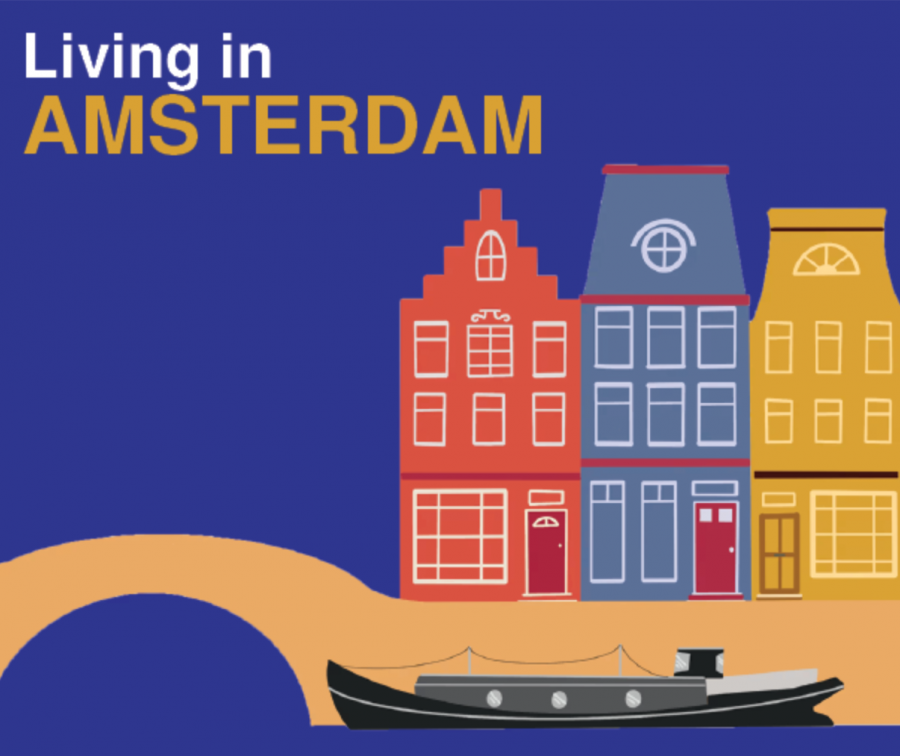
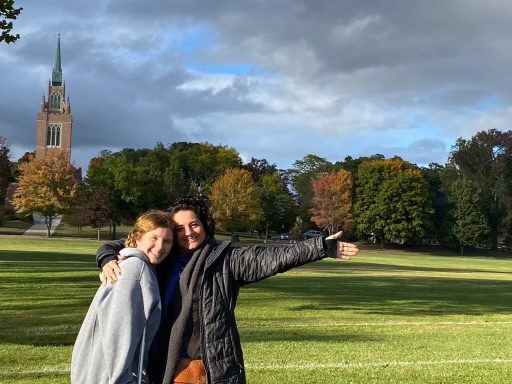
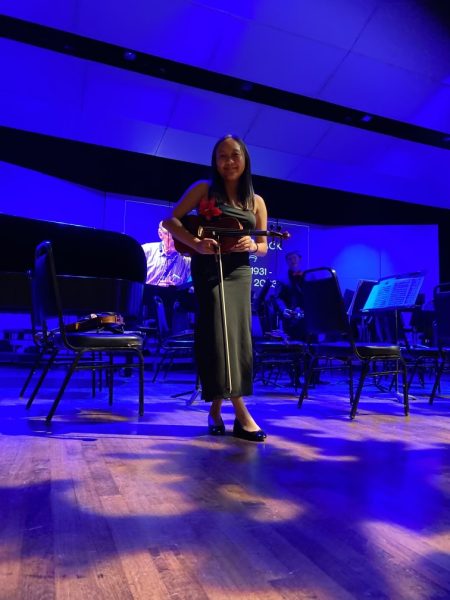
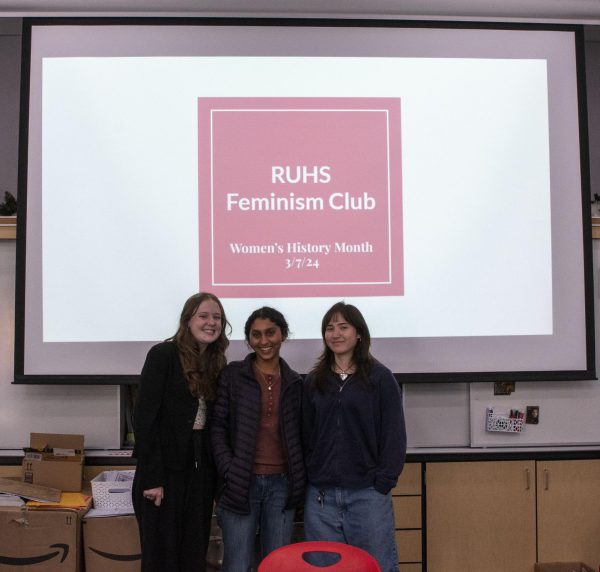
Joe • Sep 22, 2021 at 7:23 pm
Chode